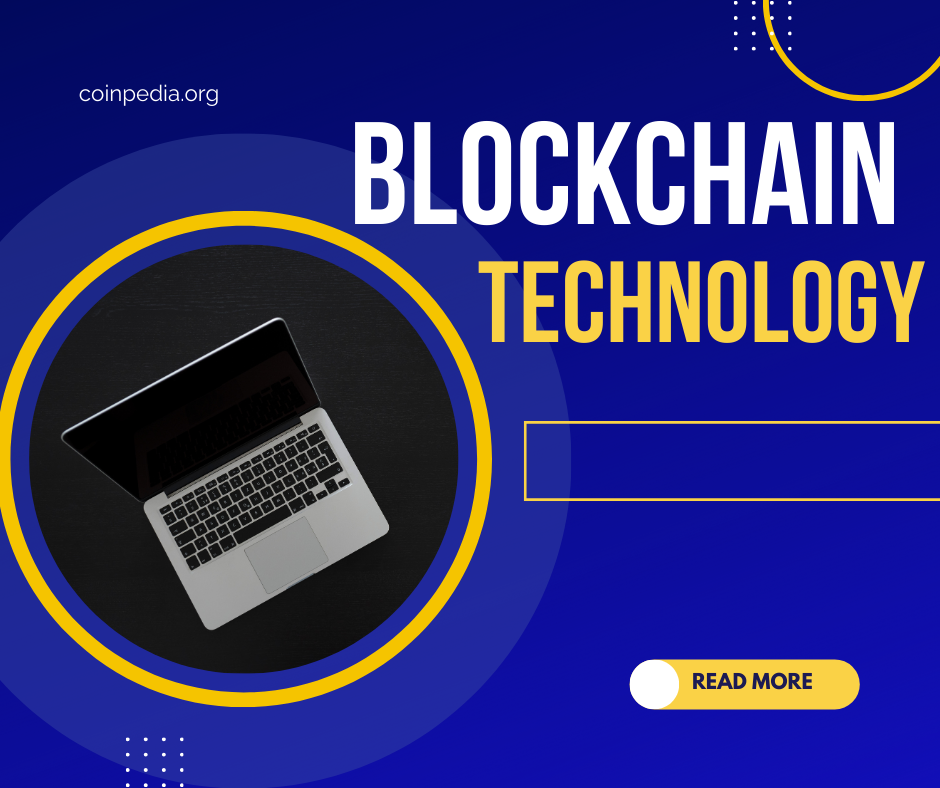
Introduction: Blockchain is Reshaping Real Estate in 2025
In 2025, the real estate industry is undergoing a major transformation thanks to blockchain technology. From smart contracts automating deals to tokenization making property investment more accessible, blockchain is introducing transparency, efficiency, and global access to one of the oldest industries.
This guide breaks down everything you need to know about blockchain in real estate, especially focusing on smart contracts and tokenization—two major trends shaping the future.
What is Blockchain in Real Estate?
Blockchain is a decentralized ledger technology that records transactions across multiple systems. In real estate, it removes middlemen, improves security, and increases transaction speed.
Key benefits of blockchain in real estate:
- Transparent ownership records
- Fraud prevention
- Instant transaction verification
- Global real estate investing access
Smart Contracts: Automating Real Estate Transactions
What Are Smart Contracts?
Smart contracts are self-executing contracts with terms directly written into code. They automatically perform actions (like transferring property) when conditions are met.
How Smart Contracts Work in Real Estate (2025)
- Property sales: Transfers ownership automatically when payment is verified.
- Rental agreements: Automates monthly rent payments and renewals.
- Escrow services: Eliminates third-party escrow agents.
- Title management: Stores titles on the blockchain, reducing errors and delays.
Real-World Example:
In 2025, a property in Dubai was sold via a smart contract in under 10 minutes, without a lawyer or notary. Payment and title transfer happened simultaneously.
Tokenization: The New Way to Invest in Real Estate
What is Real Estate Tokenization?
Tokenization refers to converting property ownership into digital tokens on the blockchain. Each token represents a share of a real estate asset.
Benefits of Tokenization:
- Fractional ownership: Invest in real estate with as little as $100
- Liquidity: Trade tokens on secondary markets like stocks
- Global access: Anyone, anywhere, can invest in top properties
- 24/7 markets: Unlike traditional real estate, token markets never sleep
Types of Real Estate That Can Be Tokenized:
- Residential buildings
- Commercial properties
- Hotels & resorts
- Land parcels
Legal & Regulatory Outlook in 2025
Governments in 2025 are increasingly recognizing blockchain real estate transactions. Some updates include:
- U.S.: SEC offers clearer guidelines on real estate-backed tokens.
- Europe: Several nations adopting e-Notary laws for blockchain deeds.
- Asia: Singapore and UAE leading in real estate token regulation.
Tip for Investors: Always check for platform compliance and licensed operators.
Future Trends in Blockchain Real Estate
- Metaverse property deeds linked to real-world assets
- AI-powered smart contracts for complex real estate deals
- Cross-border property swaps via blockchain
- NFT real estate titles gaining adoption
Final Thoughts: Why 2025 Is the Best Time to Explore Blockchain Real Estate
Whether you're a real estate investor, developer, or buyer, 2025 is the year to embrace blockchain technology. Smart contracts reduce legal headaches, while tokenization opens up opportunities that were once limited to the wealthy.
Start small with a tokenized investment, or go all-in and explore a fully blockchain-based property transaction.
FAQs
1. Is it safe to invest in tokenized real estate?
Yes, if the platform is regulated and uses verified smart contracts.
2. Can I sell tokenized property easily?
Tokenized properties can be traded on blockchain marketplaces, improving liquidity.
3. How does blockchain prevent real estate fraud?
By making ownership records immutable and publicly verifiable.

